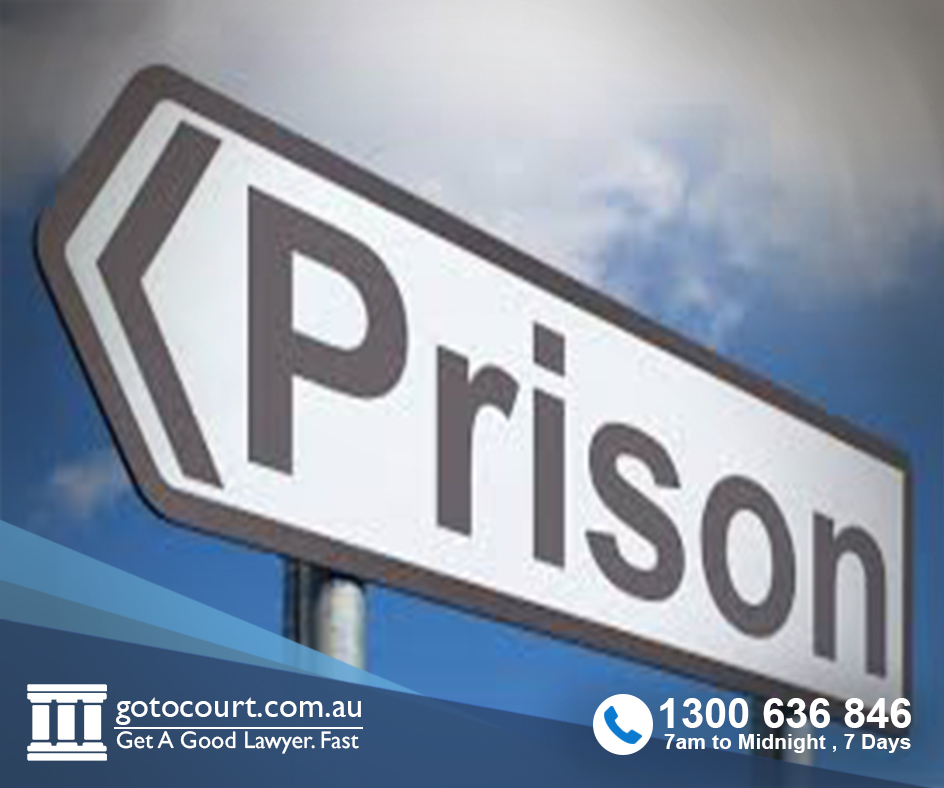Sentencing Reform in New South Wales
Sentencing Reform in New South Wales
Historical Context
In recent years, New South Wales courts have recognised that while a severe custodial sentence is an essential method of dealing with serious crime, it is not an appropriate means for dealing with every offence or every offender. Incarceration, it is felt, should be reserved for criminal offenders who are a serious risk to the community; who have repeatedly offended; or where the seriousness of their offence warrants full-time imprisonment. Sentencing reform has therefore become a priority for the NSW Government.
There has been a significant shift in recent years towards alternative sentencing options. The modern view of sentencing is to facilitate the rehabilitation of offenders by dealing with as many as possible through community-based sentencing options.
The current sentencing regime
The current sentencing regime within New South Wales provides for a range of non-custodial penalties that the courts may impose. This seeks to ensure that imprisonment is only used by the court as a fine targeting tool rather than as a blunt instrument that punishes all offenders equally.
Fine
A person may be ordered to pay a fine not exceeding the maximum penalty prescribed by law for the offence committed.
Good Behaviour Bond
A person may be required to commit to good behaviour for a period determined by the Court. This may or may not be subject to further conditions, such as a supervision order enforced by the Department of Justice’s Corrective Services’ Community Corrections Division. This may require the offender to attend counseling and/or any other reasonable directions prescribed by the Department officers for as long as deemed necessary.
Community Service Order
The offender may be required to perform unpaid work in the community for a specific number of hours as determined by the Court. This system is also supervised by NSW Corrective Services.
Intensive Correction Order
Another sentencing option is for the court to sentence an offender to a term of imprisonment that they may serve in the community, under strict supervision by NSW Corrective Services.
ICOs may be imposed for a period of up to two years. The new sentencing reform provides that if a person has committed a serious offence, the Court may find it appropriate to impose an ICO, which allows the offender to remain in the community under the supervision of Corrective Services.
If a Magistrate imposes an ICO, the offender will be required to comply with supervision from Community Corrections Officers who will monitor their compliance with any conditions imposed on the sentence, such as a ban on the consumption of drugs and/or alcohol; community service; home detention; and/or curfews. They may also be ordered to undertake community work and/or rehabilitation, or they may be required to attend intervention programs to address the underlying causes of their offending behaviour.
These orders are designed to increase the prospects of offender rehabilitation and to reduce the risk of their reoffending. An ICO will not generally be available for the following offences:
- Murder
- Manslaughter
- Sexual Assault
- Any sexual offence against a child
- Discharge of a firearm
- Terrorism offences
- Organised crime
- Breaches of serious crime prevention orders
- Breaches of public safety orders.
If an ICO is breached by the offender, their sentence can be revoked, and the Court can potentially order that the balance of the sentence be served in full-time custody.
Imprisonment
Persons found guilty of a serious offence may receive a custodial sentence to be served in a correctional facility for a period determined by the court.
However, in practice, the elements of the above framework overlap and can become complicated, especially where an offender has committed multiple offences, has other matters underway in the court, or has a record of non-compliance with orders or repeated reoffending. The system also suffers from a lack of focus on offender compliance, rehabilitation, and intervention.
Community Correction Order (CCO)
Community Correction Orders may be imposed for a period up to three years.
The sentencing reform regime allows that where a crime has been committed that does not warrant imprisonment or an ICO but is too serious to be dealt with by a fine or a lower penalty, the court may find it appropriate to impose a CCO, which is a flexible sentence aimed at ensuring that the offender will be held accountable.
In the event that the court imposes a CCO, the defendant will be required to comply with conditions of the order, which may include supervision by Community Corrections Officers; community service work; and curfews which restrain their movements during certain times of the day. The court will alter the conditions attached to the order to reflect the circumstances of the offence.
Conditional Release Order (CRO)
Conditional Release Orders may be imposed for a period of up to two years.
If a person commits a less serious offence and/or is a first-time offender, the court may find it appropriate to impose a CRO. A CRO is unlikely to be ordered except where the court is satisfied that the offender does not present a further risk to the community.
In the event that the court imposes a CRO, the offender will be required to comply with any conditions imposed, such as supervision by Community Corrective Officers and non-association requirements. Should the conditions attached to the order not be complied with, or the offender commits further offences while the order is operational, the CRO may be set aside and the offender may be resentenced and face further penalties.
Summary
The sentencing reform that have been undertaken by the NSW Government in recent years provide the courts with the flexibility and discretion to impose a range of sentences, including full-time imprisonment or several community-based alternatives, depending upon the individual circumstances of the case and offender. In determining an appropriate penalty, the court will consider the material presented by the prosecution and defence.
If you require legal advice or representation in any legal matter, please contact Go To Court Lawyers.

Affordable Lawyers
Our Go To Court Lawyers will assist you in all areas of law. We specialise in providing legal advice urgently – at the time when you need it most. If you need a lawyer right now, today, we can help you – no matter where you are in Australia.How It Works




1. You speak directly to a lawyer
When you call the Go To Court Legal Hotline, you will be connected directly to a lawyer, every time.

2. Get your legal situation assessed
We determine the best way forward in your legal matter, free of charge. If you want to go ahead and book a face-to-face appointment, we will connect you with a specialist in your local area.

3. We arrange everything as needed
If you want to go ahead and book a fact-to-face appointment, we will connect you with a specialist in your local area no matter where you are and even at very short notice.



















